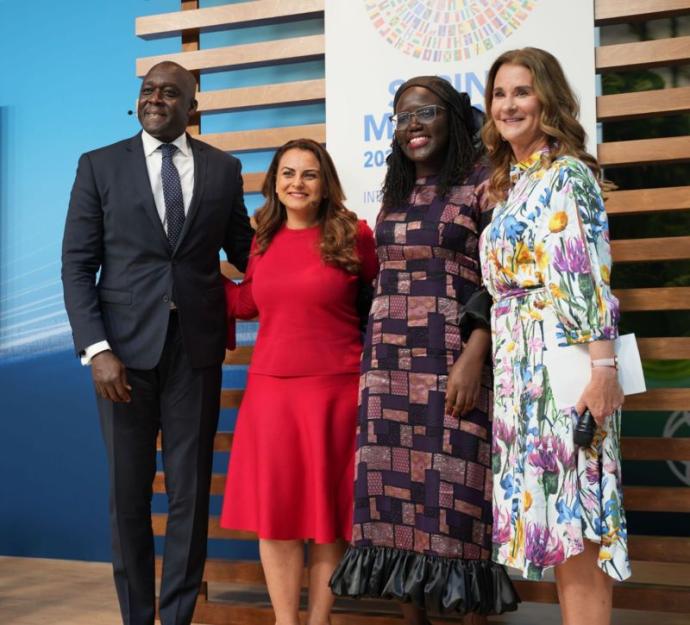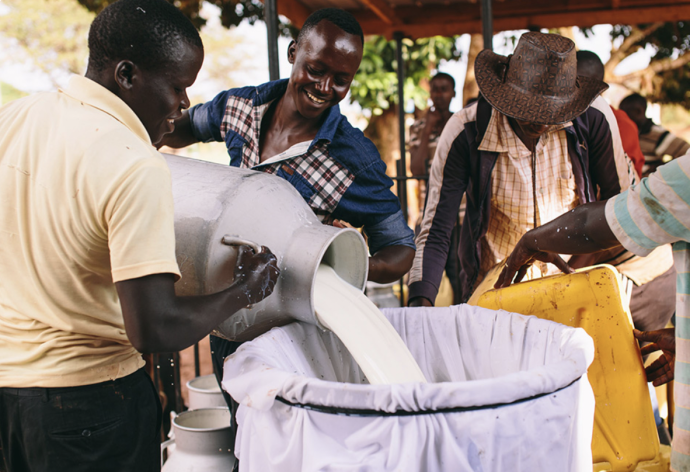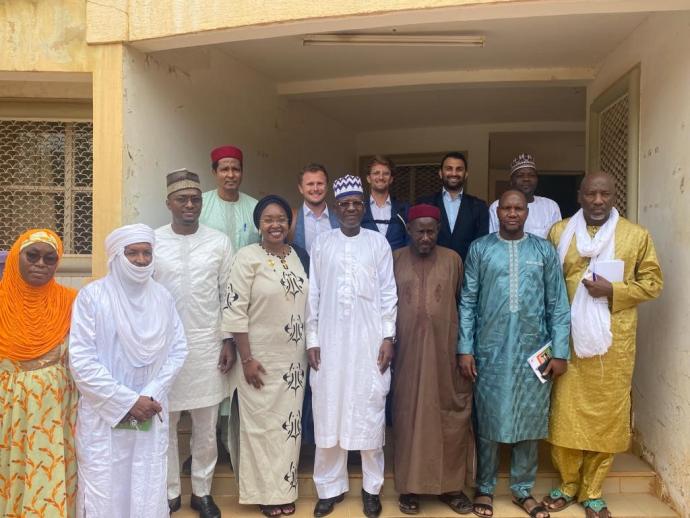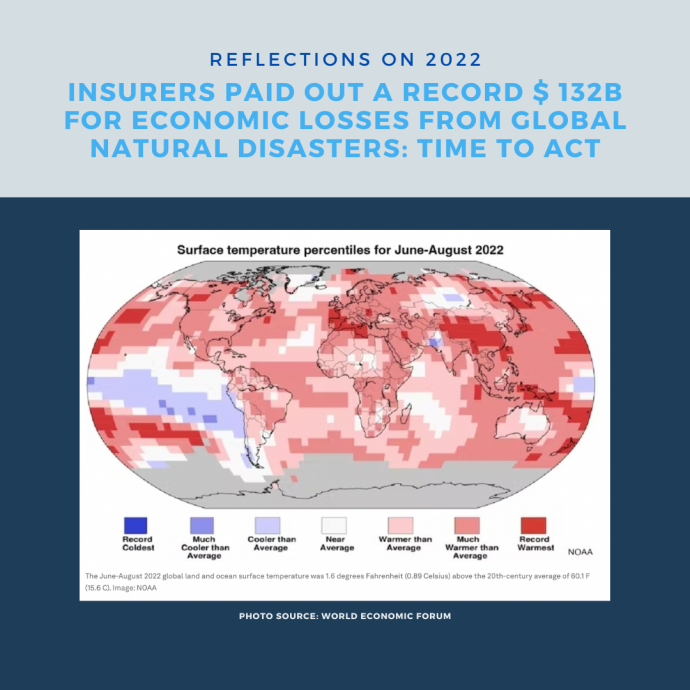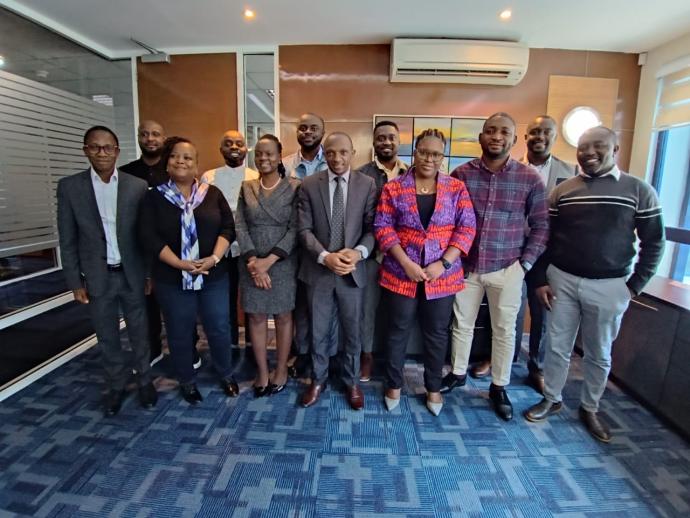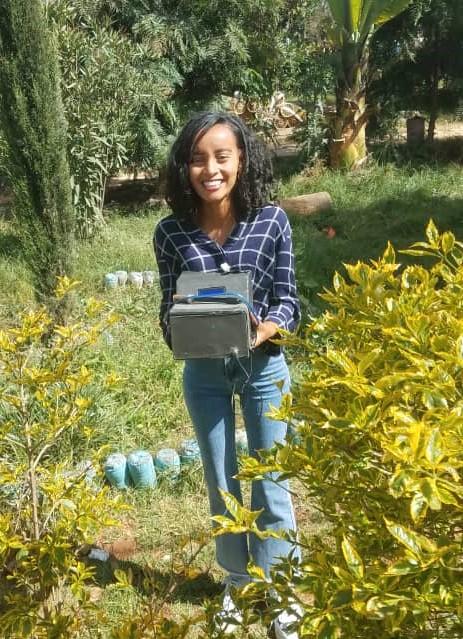31
Jul
During 14-17 June 2023, Europe’s largest technology showcase – VivaTech – hosted more than 150,000 visitors and 450 speakers from 174 countries in Paris, France. VivaTech accelerates innovation by connecting startups, tech leaders, major corporations and investors who are using technology to respond to our world’s biggest challenges. Speaking at VivaTech, French President, Emmanuel Macron, announced his country’s bold plans and investments in positive-impact startups (nearly €6 billion) and artificial intelligence (€500 million), respectively. For the second year running, Viva Technology and



